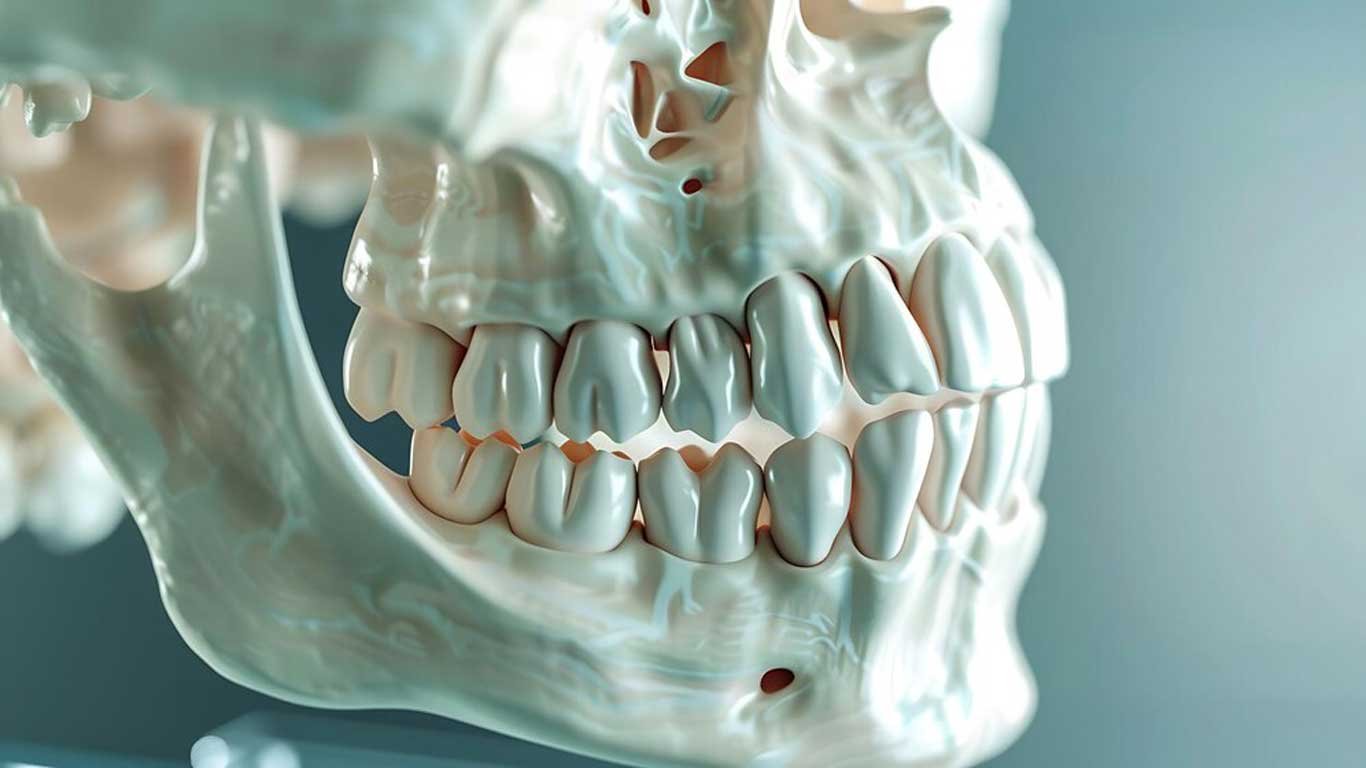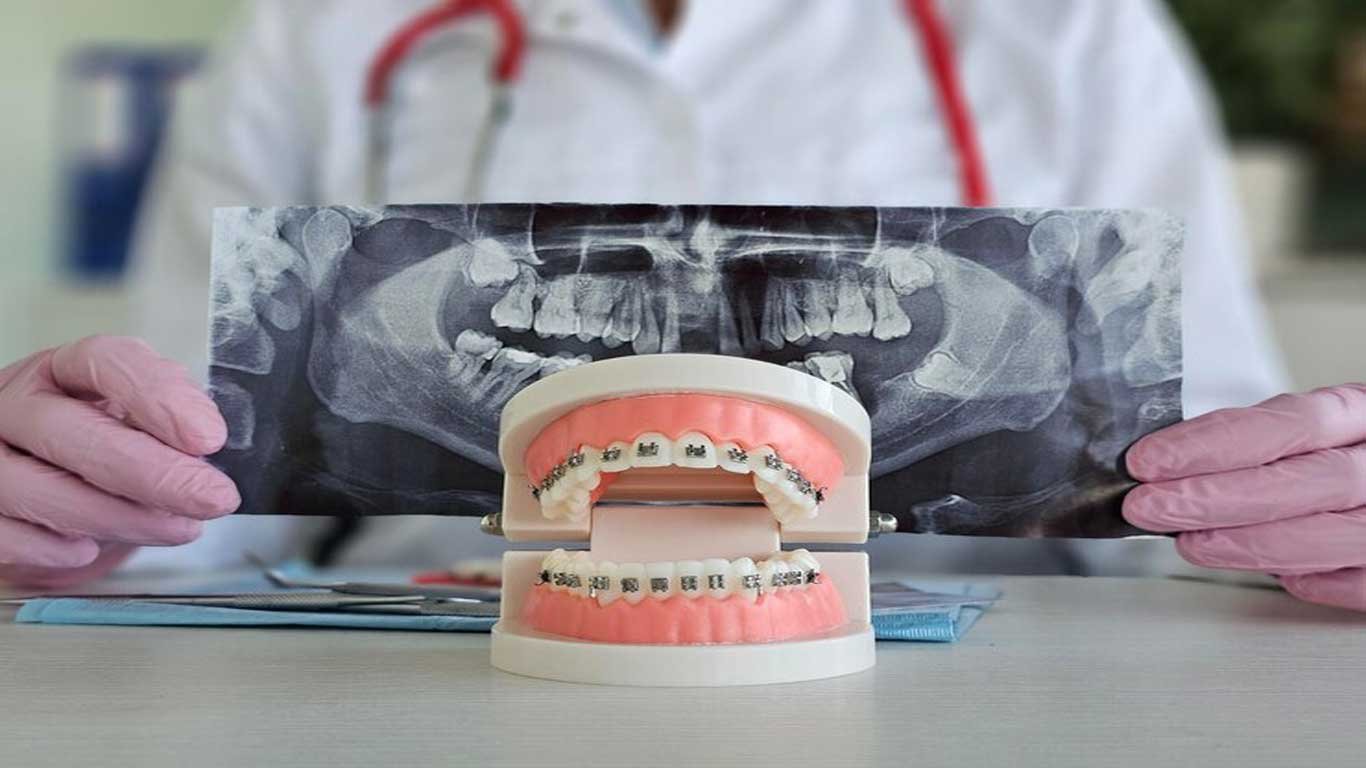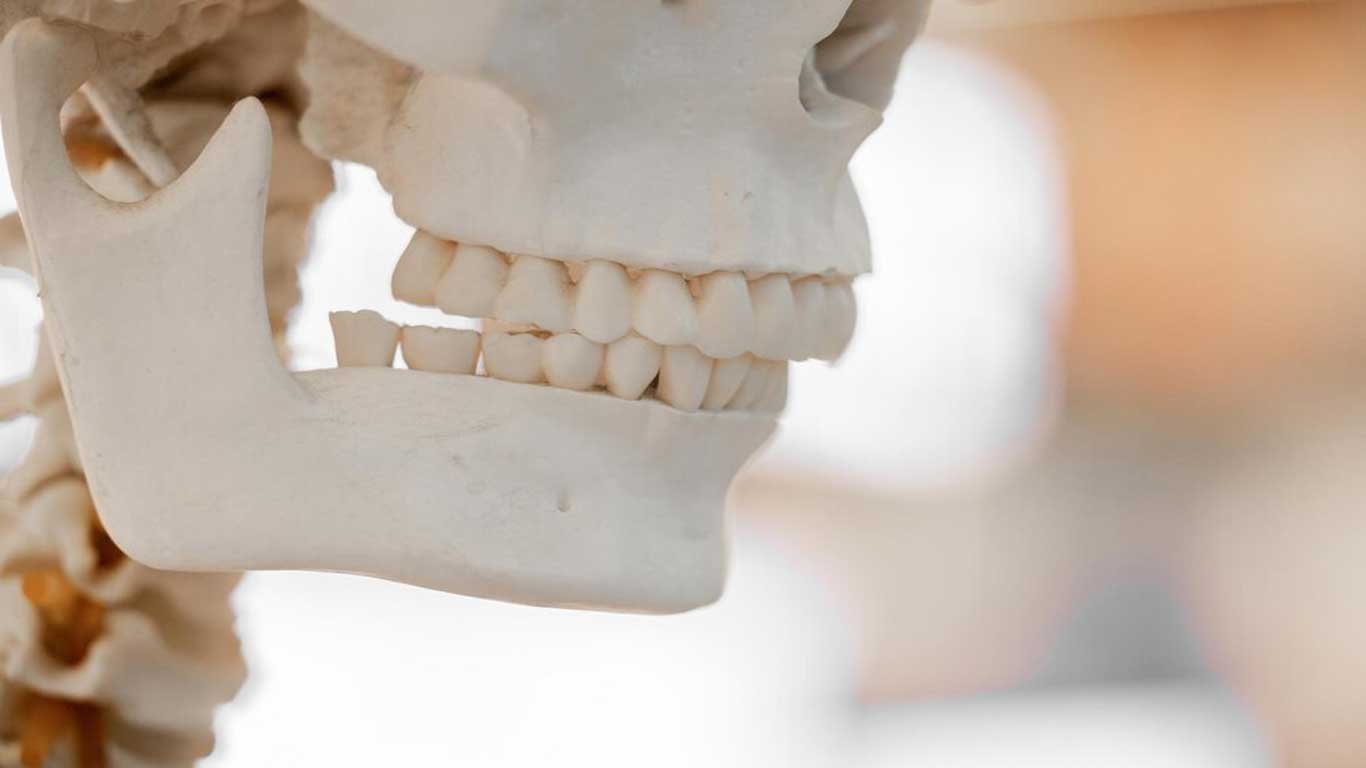Jaw Surgery: What You Need to Know In 2025
Orthognathic surgery, also known as jaw surgery or corrective jaw surgery, is a type of oral surgery used to correct a variety of facial and dental problems. These problems can include issues with the jaw, such as an overbite or underbite, as well as problems with the teeth, such as crowding or spacing.
The surgery is typically recommended for individuals who have severe dental or facial problems that cannot be corrected with traditional orthodontic treatments, such as braces. It can also be used to treat issues that have arisen as a result of an injury or congenital defect.
During the surgery, the jaw bones are repositioned and held in place with plates and screws. This allows the teeth to be properly aligned and the bite to be corrected. The procedure is typically performed under general anesthesia and can take several hours to complete.
After the surgery, there will be a recovery period, which can last several weeks. During this time, it is important to follow the post-operative instructions provided by your surgeon to ensure proper healing.
It is critical to understand that jaw surgery is a serious decision that should not be taken lightly. It’s important to consult with a qualified oral and maxillofacial surgeon to determine if it’s the right option for you. The surgeon will evaluate your specific needs and recommend the best course of treatment.
Jaw surgery cost
The cost of jaw surgery depends on a number of factors, including the type of procedure performed, the location of the surgery, and the surgeon performing the procedure.
In general, the cost of jaw surgery can range from several thousand dollars to tens of thousands of dollars. The cost can be influenced by the complexity of the procedure, the length of the surgery, and the type of anesthesia used.
Many dental insurance plans do not cover the cost of the surgery, but some may provide partial coverage. It’s important to check with your insurance provider to see what type of coverage is available for orthognathic surgery.

Additionally, some dental practices and hospitals may offer financing options to help patients cover the cost of the surgery. Some alternatives can include payment plans, loans, or financing through a third-party lender.
In any case, the cost of the surgery should be weighed against the benefits it can provide. A properly aligned bite and straight teeth can improve the overall function and appearance of the teeth, as well as increase self-confidence.
Remember, the cost of jaw surgery is an investment in your long-term oral health and well-being, so you should think about it carefully before going ahead with it. It’s always a good idea to consult with an oral and maxillofacial surgeon and an orthodontist to discuss the costs, benefits, and alternatives for your specific needs.
Jaw surgery before and after
Jaw surgery can have a significant impact on the appearance and function of the teeth. Before the surgery, individuals may have problems such as overbites, underbites, or misaligned teeth that can cause difficulty in biting, chewing, and speaking.
After the surgery, the teeth will be properly aligned and the bite will be corrected, resulting in a more attractive and functional smile. Patients often report improvements in their self-confidence and overall quality of life.
It’s important to note that the results of jaw surgery will not be immediately visible. The jaw bones will need to heal and settle into their new positions, which can take several weeks or months. The final results of the surgery may not be fully visible until the completion of orthodontic treatment.
Before the surgery, the patient’s teeth and jaw are examined by an oral and maxillofacial surgeon, and long-term effects, such as an increased risk of tooth decay and gum disease due to the difficulty of cleaning properly aligned teeth.
Please note that the surgery is a major procedure that carries certain risks, such as infection, bleeding, nerve damage, and anesthesia complications. These risks can be minimized by choosing a qualified and experienced oral and maxillofacial surgeon and following all post-operative instructions.

Is orthognathic surgery major surgery?
Yes, orthognathic surgery is considered a major surgery. It involves repositioning the upper jaw, lower jaw, or both to improve the alignment of the teeth and the overall facial structure. The procedure requires general anesthesia and is performed in a hospital or outpatient surgical center, which underscores the seriousness of the surgery.
The surgery involves cutting the jawbone and moving it to its new position, which requires a recovery period of several weeks or even months. Patients will experience swelling, pain, and discomfort after the surgery and will need to follow a strict diet that may be limited to liquids and soft foods during the initial recovery period. Additionally, they may need to wear braces or other orthodontic appliances for several months to ensure proper alignment of the teeth and jaws.
It’s important to note that orthognathic surgery is typically reserved for individuals with severe jaw and teeth misalignment issues that cannot be corrected with less invasive treatments such as braces or Invisalign. While the surgery is considered major, it can have a profound positive impact on the patient’s quality of life by improving their ability to speak, eat, and breathe comfortably, as well as enhancing their overall appearance.
What is the best age for orthognathic surgery?
The best age for orthognathic surgery depends on individual circumstances and the severity of the orthodontic problem being addressed. Typically, the ideal age range for jaw surgery is between 18 and 40 years old, as the facial bones have fully developed by this time. However, in some cases, surgery may be performed earlier in adolescence if the problem is severe and affects the individual’s quality of life.
Please note that the decision to undergo jaw surgery is a complex one that requires careful consideration of the risks, benefits, and potential outcomes of the procedure. Orthognathic surgery is a major procedure that involves a significant recovery period, and it is typically only recommended for cases where alternative orthodontic treatments are not effective in addressing the issue.
Ultimately, the best age for orthognathic surgery will depend on the individual’s specific orthodontic needs and the advice of their orthodontist and surgeon. A thorough evaluation of the patient’s facial structure and dental alignment will be necessary to determine if orthognathic surgery is an appropriate treatment option, and to determine the optimal timing of the procedure.
Is jaw surgery risky?
As with any surgical procedure, there are risks associated with orthognathic surgery (jaw surgery). However, the risks are generally considered low and can be minimized with proper preparation, an experienced surgeon, and the following pre-and post-operative instructions carefully.
Some potential risks of jaw surgery include bleeding, infection, nerve damage, and complications with anesthesia. There is also a risk of relapse, which means that the jaw may move back to its original position over time. However, this risk can be minimized by following the orthodontist’s instructions and wearing a retainer after the surgery.

It is important to discuss the potential risks and benefits of jaw surgery with an experienced orthodontic surgeon and to carefully weigh the potential benefits against the risks before making a decision. Ultimately, every patient is unique, and the decision to undergo jaw surgery should be made on an individual basis after a thorough consultation and evaluation.
How painful is jaw surgery?
Jaw surgery is a major surgery and therefore, it is common to experience some discomfort and pain during the recovery process. However, the level of pain can vary depending on the individual’s pain tolerance, the complexity of the surgery, and the specific procedure performed.
After the surgery, patients may experience some swelling and discomfort in the jaw area, which can be managed with pain medication prescribed by the surgeon. In most cases, the pain is well-controlled with medication and tends to decrease over time. It is important for patients to follow the post-operative instructions provided by their surgeon to minimize discomfort and ensure proper healing.
Overall, while there is some discomfort associated with jaw surgery, advances in anesthesia and pain management techniques have made the procedure much more tolerable for patients. The benefits of jaw surgery in correcting functional and aesthetic issues make it a worthwhile option for many individuals.
Is a jaw surgery worth it?
FAQ
How long is bed rest after jaw surgery?
The length of bed rest after jaw surgery varies depending on the individual and the extent of the surgery. In general, patients are advised to rest for the first few days after surgery and gradually increase their activity level as they feel comfortable. It is important to follow your surgeon’s post-operative instructions closely to ensure a smooth recovery and minimize the risk of complications.
How long is the mouth shut after jaw surgery?
After jaw surgery, the length of time that the mouth will be shut depends on the specific surgical procedure and the patient’s individual healing process. In general, the mouth may be wired shut for a few days to a few weeks following surgery. This is to allow the bones to heal properly and prevent any unwanted movement that could disrupt the healing process. The surgeon will determine when it is safe to remove the wiring, which may involve a follow-up appointment or X-rays to ensure proper healing. During the time that the mouth is wired shut, patients will typically be on a liquid or soft food diet and may need to use a straw or syringe to drink fluids. It is important to follow the surgeon’s post-operative instructions carefully to ensure a smooth recovery process.
Can you brush your teeth after jaw surgery?
Yes, you can brush your teeth after jaw surgery, but you must be very gentle and cautious to avoid disrupting the healing process. Your surgeon or dentist will give you specific instructions on how to care for your teeth and mouth after surgery, including when and how to brush your teeth.
In the immediate postoperative period, you may be advised to avoid brushing the surgical area for a certain period of time, such as the first few days after surgery. Instead, you may be instructed to rinse your mouth with a saline solution or a special mouthwash to keep the surgical site clean. Once your surgeon or dentist gives you the go-ahead to brush your teeth, you should use a soft-bristled toothbrush and gentle, circular motions to avoid putting too much pressure on the surgical area.
Finally, you should follow all post-operative instructions closely to ensure proper healing and minimize the risk of complications. If you have any concerns or questions about how to care for your teeth and mouth after jaw surgery, don’t hesitate to reach out to your surgeon or orthodontist for guidance.
Lastly
In conclusion, orthognathic surgery is a complex procedure that can have a significant impact on a patient’s life. It is important to carefully consider all options and consult with a qualified expert like Dr. Mir to determine if jaw surgery is the right choice for your individual needs.
At York Orthodontics, we understand that every patient is unique and we strive to provide personalized care and support throughout every step of your orthodontic journey. While we do not perform jaw surgery, we work closely with qualified surgeons to ensure that our patients receive the best possible care.
If you are considering orthodontic treatment or have any questions about jaw surgery, please don’t hesitate to contact us. We are here to help you achieve the healthy, beautiful smile you deserve.
